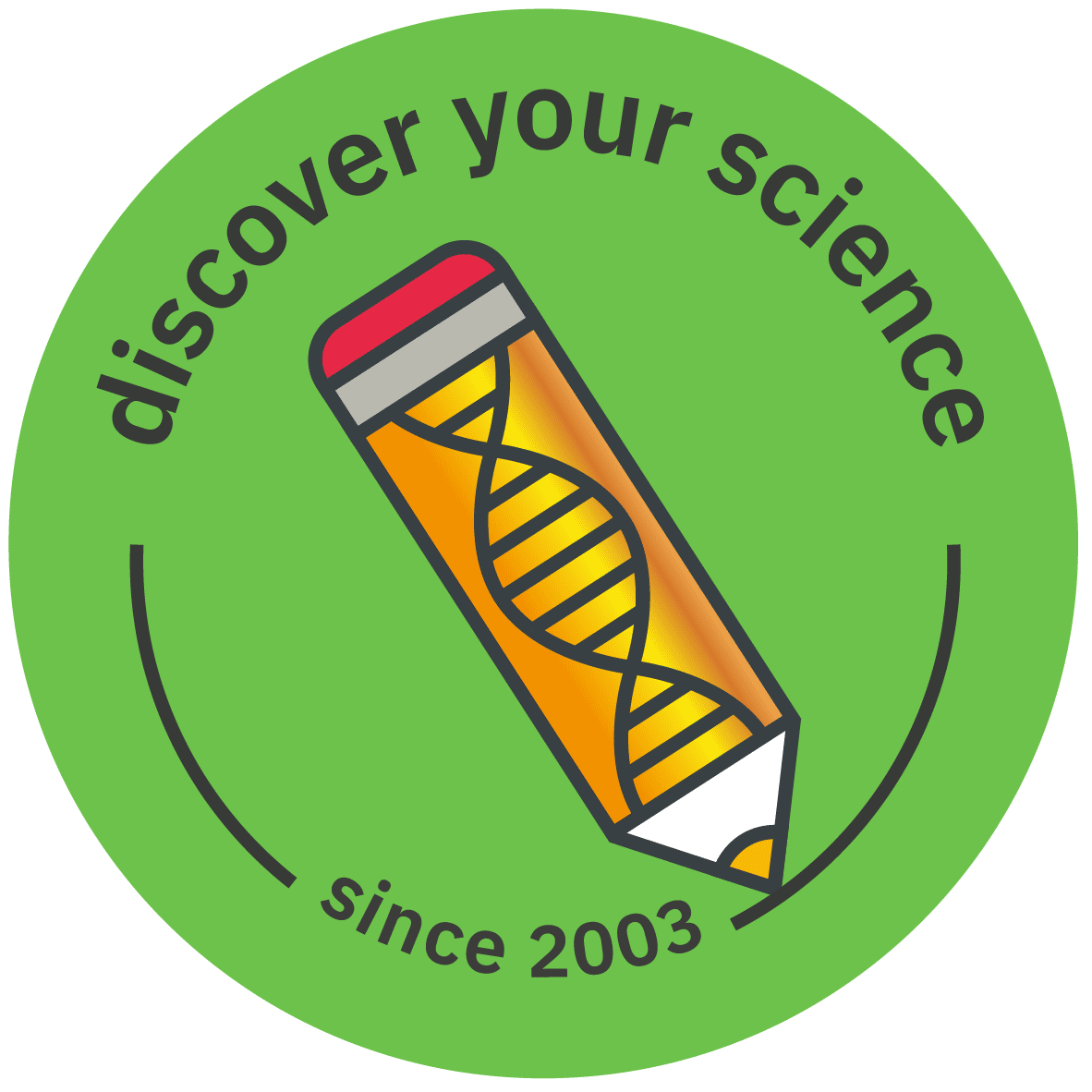EMBL School Ambassador Thomas Chartier
Country: France
Profile
Hi, my name is Thomas Chartier and I come from Rodez, in the South West of France. In science, my main interest is animal intelligence, because understanding various kinds of behaviors present in nature can tell us a lot about how the human brain works, and about the difference (if any) between humans and other animals.
Initially I was studying maths and physics, but then I became very interested in biology and neurosciences. After 7 years of studies in Paris I wanted to live abroad for some time, so I started my PhD at the EMBL in Heidelberg at the end of 2013. In my lab, we are trying to reconstitute our ancestors from around 600 million years ago. They were small worms that used to live in the sea, and probably already possessed elementary forms of intelligence, that I want to understand.
Very often people have no idea of what scientists actually do, they see us as grim, austere and working in isolation. I actually see the scientific community as a very friendly and open world, where most people enjoy what they are doing, and like to share knowledge and ideas. It seems normal to me that, as scientists being paid by the society, we simply take time to meet people, tell them what we do, why we are so excited about it, and how it can be useful for them one day.
I took advantage of the relative quietness of the first year of my PhD to participate in several events which aimed at communicating science to people outside the institute – including students, high school pupils and business people. This made me realize how much interest they have in what we do, once they discover what it is actually about.
And if you manage to get a non-scientific audience excited about your project, it is then so much easier to captivate the interest of your fellow scientists! Also, I am convinced that if you cannot explain your research without scientific terms and link it to the everyday life, then you don’t truly understand what you are doing.
I sincerely believe that every person can be a scientist, as long as he/she is simply curious. So, I will continue to meet people, and try to get the scientist inside them enthusiastic.
Diary
For some years, I have had the intention of going back to my high school located in a small city (30.000 inhabitants) in France to tell pupils about possible scientific studies after finishing their secondary education and to encourage them to follow this path. This year, I simply contacted my former biology teacher and took the opportunity of coming back home for Christmas 2014 to eventually carry out such a visit. My teacher was so enthusiastic that she even organized 4 sessions for pupils in two days.
I really had a great time there, and enjoyed a lot trying to describe research to pupils who had, strictly speaking, no idea about it. As a starting point, I presented to them a major discovery made in one of my former labs (baboons have reading abilities), to then explain the process of writing an article and publishing it to make one’s research known to the scientific community – a good occasion to highlight the importance of English in the scientific world. I talked about a few aspects of animal intelligence, explained what we can learn from that, and presented the example of my PhD project on the evolution of learning. Then, I took time to tell them what life is like in a lab ; I had taken pictures and videos from my own lab at EMBL, showing people, experiments, equipment, and animals. They really liked to hear that everyday I work with people from Italy, Spain, Sweden, Germany, Peru, Argentina, Hawaii, Estonia, the Czech Republic and other countries. I finished by giving them information about the study tracks they can follow in the years to come, and emphasized that doing a PhD does not automatically mean staying in the academic world forever! I tried to convey the idea that research is also a means of pursuing one’s scientific passion.
Having four sessions actually allowed me to improve my presentation as each session helped me understand better what the pupils already knew and what interested them most. I realized that motivations that can be obvious for us as scientists – like “for the beauty of science” – might be of no significance outside the research community. For example, they were not impressed when I was describing the memory processes of the fruit fly Drosophila, which I personally find amazing, but they started paying attention when I explained that we can reproduce Alzheimer’s disease in its small brain, and study this fly to find treatments for our grandparents!
What seemed to appeal most to them was the fact that I had been sitting in the very same classroom and had the very same teachers as them – 8 years ago. They were really stunned when I said that out of 30 pupils in my class at this time, 5 of us are currently working in research. This probably made them realize that science is not reserved for “some people” that you sometimes see on TV, but might even be for some of them.
I received very warm feedback from both teachers and pupils. I apparently managed to wake the enthusiasm of science in some of the pupils, which was for me the most rewarding thing. The last group of pupils had even organized a very nice cakes & drinks break at the end of the day. Overall, this has been an excellent personal experience, as I had great questions from and interaction with the pupils, and I learned how to better connect what we do in the lab to people’s everyday life.


